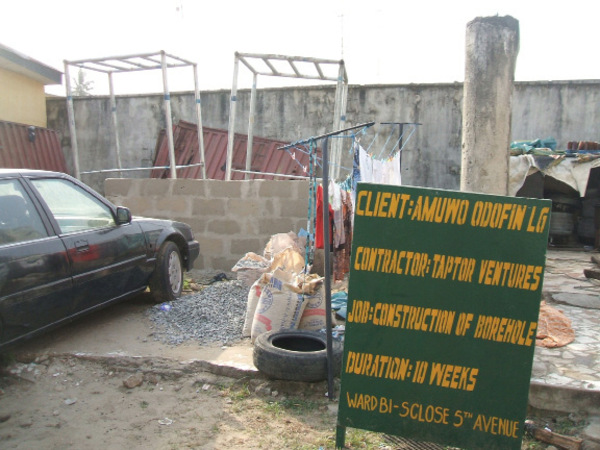There has been much talk on Africa’s renaissance especially by the World Bank and the African Development Bank. This renaissance is occurring in Africa while countries especially in Europe are still grappling with the effects of the global economic crises.
In 2012, the IMF stepped down its forecast for global growth and improvement for 2013 from 4.1% to 3.9%. According to the IMF’s updated World Economic Outlook, which is published twice each year, “Downside risks continue to loom large, importantly reflecting risks of delayed or insufficient policy action.”
Local government in Africa has a great part to play in the continent’s renaissance, but is not yet autonomous administratively and financially. Decisions which could have been taken by authorities like mayors are still taken by central governments.
Local government in Africa has a significant influence on the quality of life of the grassroots; especially as they are responsible for the provision of essential services like sanitation, health and water. One of the main reasons why local governments in Africa have failed in service delivery in the wake of the global crisis is because even though they have the greatest potential for being effective, they are the furthest removed from the central authorities and the donor community. Most local governments in Africa like those of Cameroon, Gabon, Central African Republic and Chad are yet to be administratively and financially autonomous. There is also little or no intergovernmental relations between local government and other spheres of government in these countries. Financial transfers from the central government to local government are usually delayed.
Many central governments in Africa have even resorted to slashing material resources and fiscal transfers to local government. Slashing local government transfers in the case of a fiscal shortfall means cutting back on essential services such as health care and quality water supply. In Swaziland for instance, supplies of anti-retroviral drugs to local government, has been slashed by central government as a result of the global financial crunch, especially as donors have cut back on the assistance they used to give to this country towards fighting the HIV/ AIDS pandemic.
It is time to reflect seriously on local government’s role in Africa’s renaissance. One of such ways is the twinning of municipalities in Africa as well as other parts of the world, so as to boost the participation of local government in issues traditionally reserved for central government like international business and investment. This would definitely entail lessening the numerous trade barriers that exists among African nations.
It is also important for the powers including administrative and financial powers of local government in Africa, to be constitutionalised. In this way, local government will be able to make effective decisions affecting the local populace in essential service delivery areas such as health care and water supply.
Autonomy to local government does not mean that there should be no supervision of this sphere of government especially by regional government. Local government should be supervised without any usurpation of powers.
There is also need for municipal personnel especially municipal executives like the mayors and municipal managers to be well trained and educated. The central government, the regional governments as well as other partners such as universities, need to join efforts to train municipal officials and executives.
There is also need for intergovernmental relations between all spheres of government in African states. If spheres of government in African states cooperate among themselves, the continent’s renaissance can be rapidly achieved, especially as ideas on budgeting; service delivery, as well as trade can be shared across the board.
Corruption is another canker-worm eating into the economic fabric of local government in Africa. There exist numerous anti-corruption measures including lengthy legislation on the continent, but the problem of effective implementation remains the greatest dilemma.
Africa’s renaissance definitely needs unified efforts from governments including local governments and a serious boost from free market engineers in Africa and Europe. Coordinated action with autonomous local governments in Africa having a legally defined role can speed up Africa’s renaissance.
Chofor Che is an associate of AfricanLiberty.org and an integral part of the Voice of Liberty initiative. He is also a Doctoral Law candidate at the University of the Western Cape and blogs at http://choforche.wordpress.com/ .


